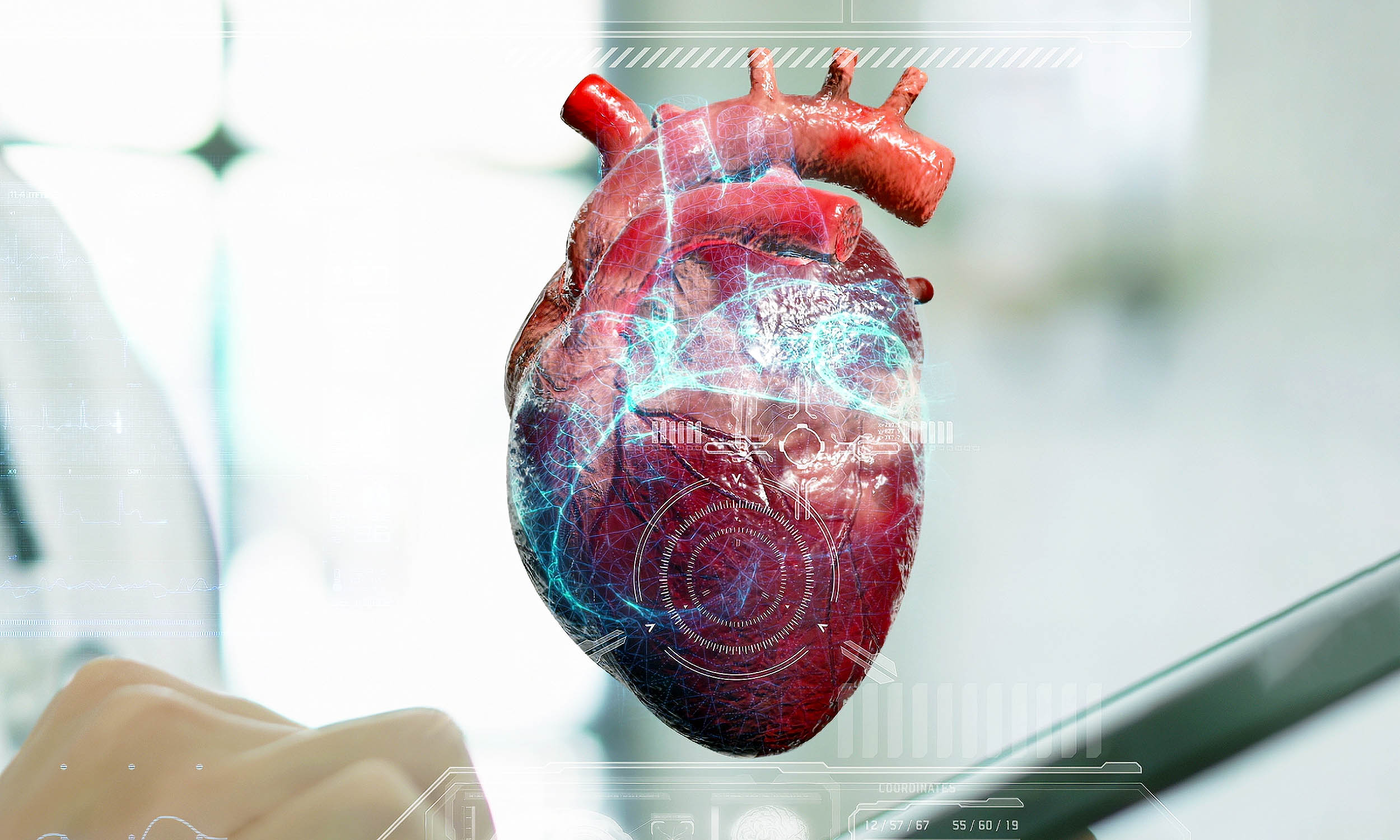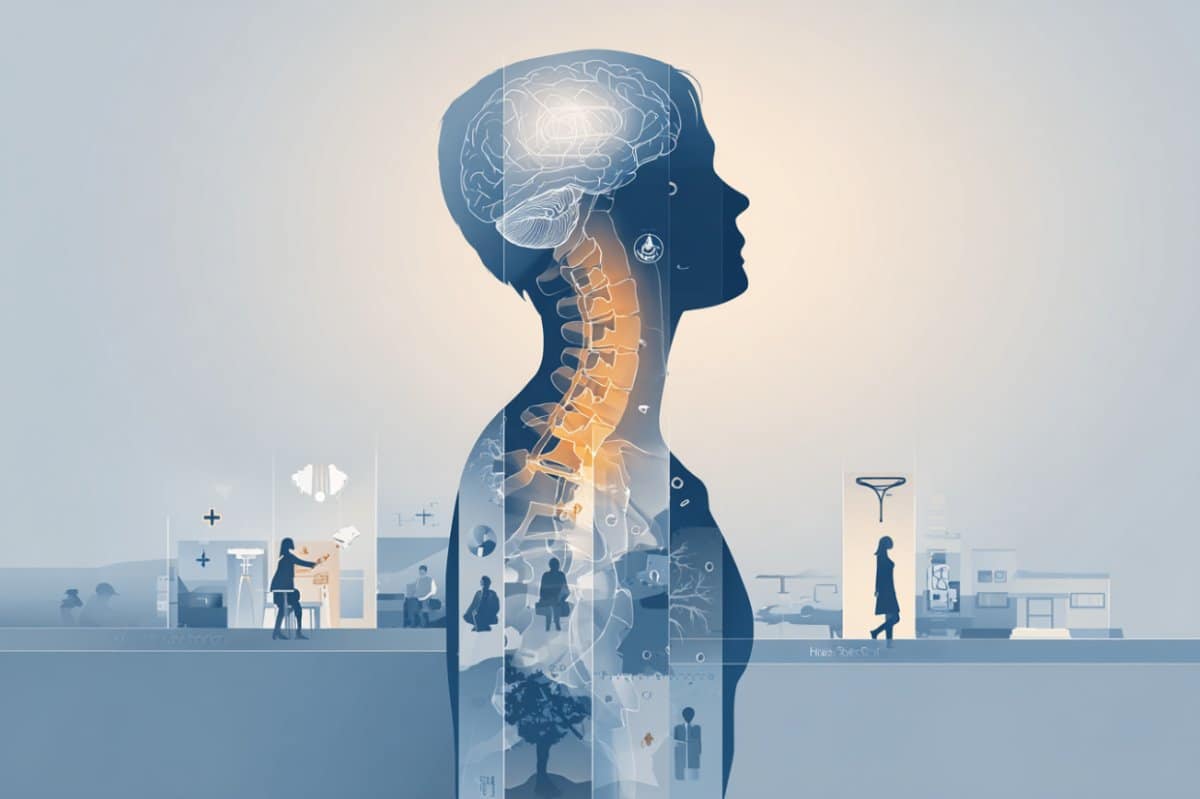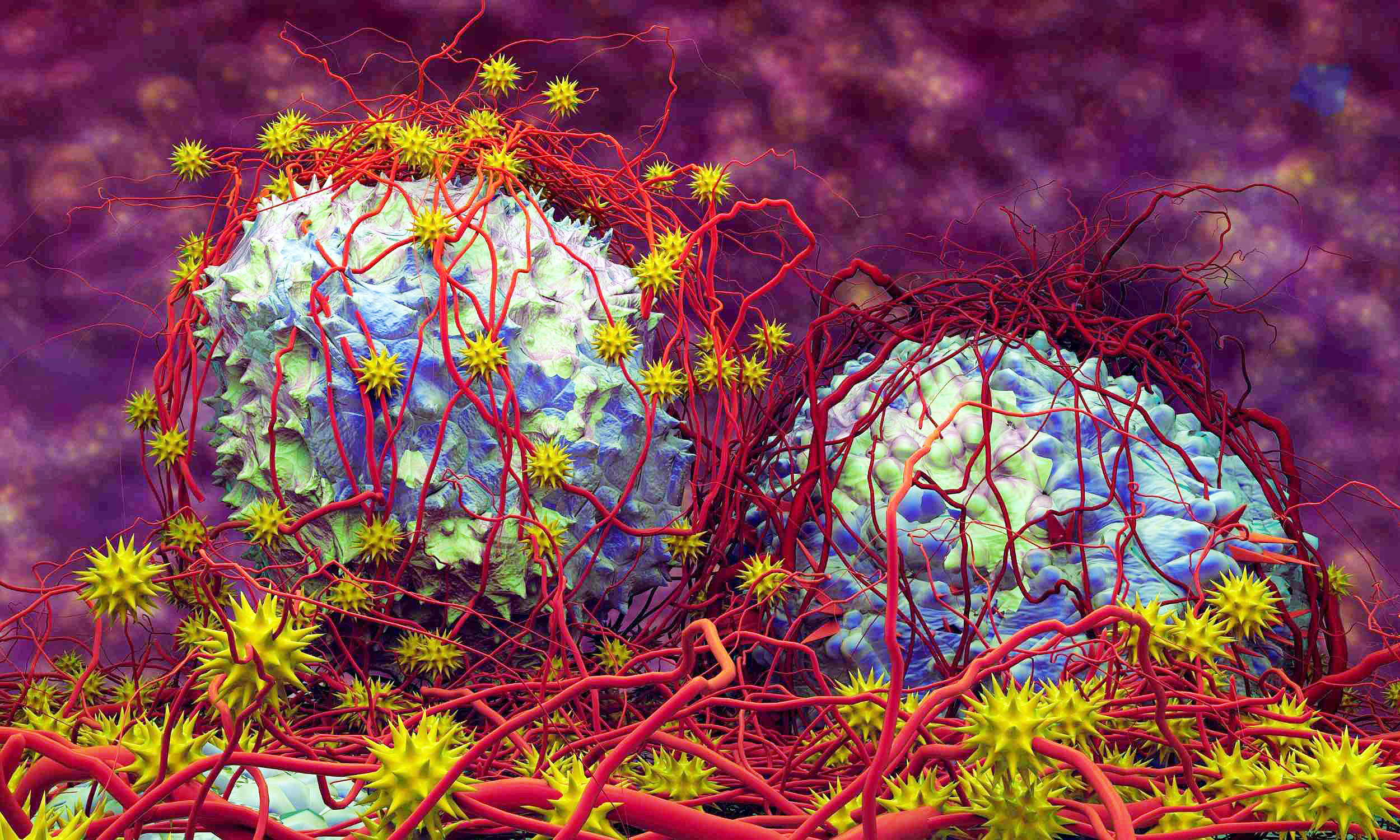T4K3.news
New study reveals aging starts at age 30
Chinese researchers found that the human body begins to age significantly by age 30.

A groundbreaking study shows aging begins at an earlier age than commonly believed.
New research reveals the early onset of aging in human bodies
A study from Chinese researchers indicates that human bodies start to age at around 30 years old. Analyzing 516 tissue samples from 76 organ donors aged between 14 to 68, they found that noticeable changes begin at 30, but significant aging ramps up between 45 and 55. The researchers highlighted a sharp increase in harmful proteins, linked to serious health conditions, starting around age 50. The adrenal gland shows early changes as well, while the aorta is particularly vulnerable. Findings suggest targeted interventions could improve the health of older adults, giving insights into age-related diseases.
Key Takeaways
"These insights may facilitate the development of targeted interventions for aging and age-related diseases."
This quote emphasizes the potential for practical applications from the research findings.
"Blood vessels are particularly vulnerable to early signs of aging."
This statement underscores a critical aspect of the study that could inform health strategies.
"The presence of this protein may play a vital role in triggering aging in our bodies."
This suggests a specific focus for further research on aging mechanisms.
The implications of this research are profound. While many believe aging to be a slow process, this study highlights that changes begin much earlier than anticipated. This revelation could alter how individuals approach health and wellness throughout their lives. By integrating awareness of early aging into health strategies, people may start prioritizing preventive actions sooner, ultimately leading to healthier aging. This focus could inspire innovations in healthcare aimed at aging populations, addressing not just how we age but how we can age healthily.
Highlights
- Aging doesn’t wait for anyone, it starts earlier than we think.
- We may need to rethink our health strategies as we age.
- Understanding early aging is key to better health later.
- Early detection of aging can lead to healthier lifestyles.
Concerns over early aging implications
The discovery that aging begins as early as 30 raises important questions about public health policies and preventative care strategies, particularly for middle-aged populations.
This study may prompt a shift in how we approach aging and health from a young age.
Enjoyed this? Let your friends know!
Related News

Survey Reveals Gender Split in Japanese Nintendo Players

New research highlights strength training for longevity

New heart age calculator launched to improve cardiovascular health awareness

Assess your aging with five simple fitness tests

High-impact exercise lowers biological age

Study Reveals Early Signs of MS Emerge Years Prior to Diagnosis

Jessyca Mullenberg tells her story of survival

Study shows alarming dating app usage among teens
